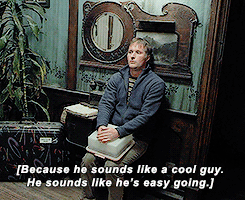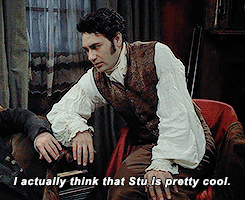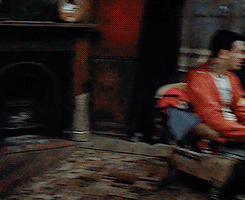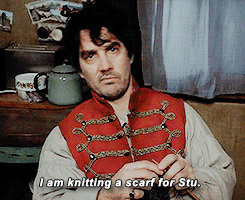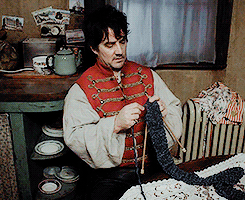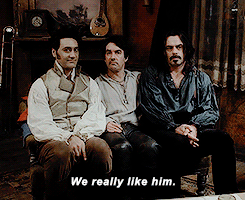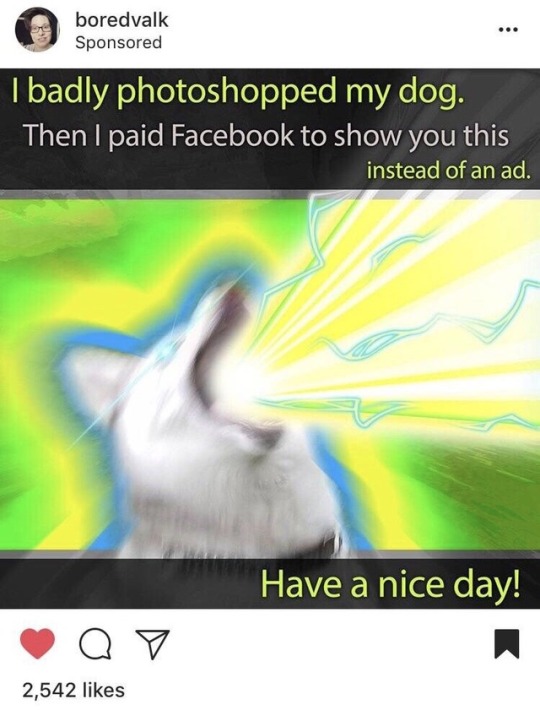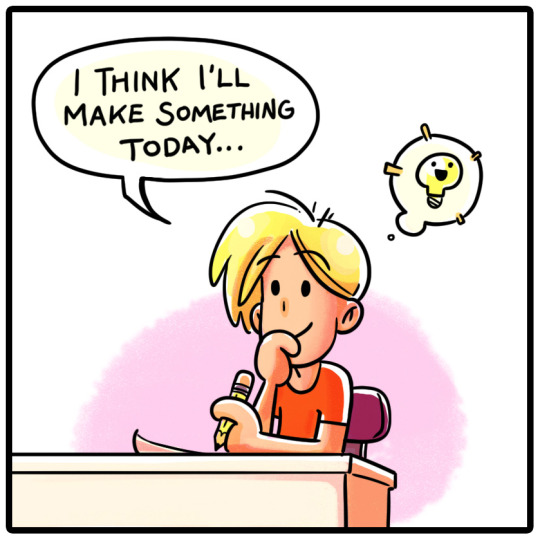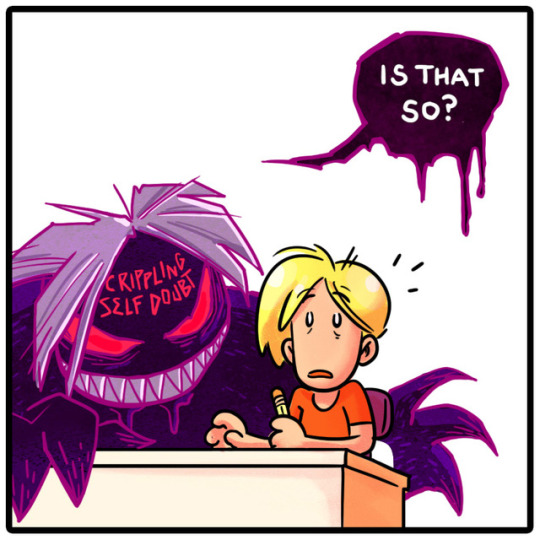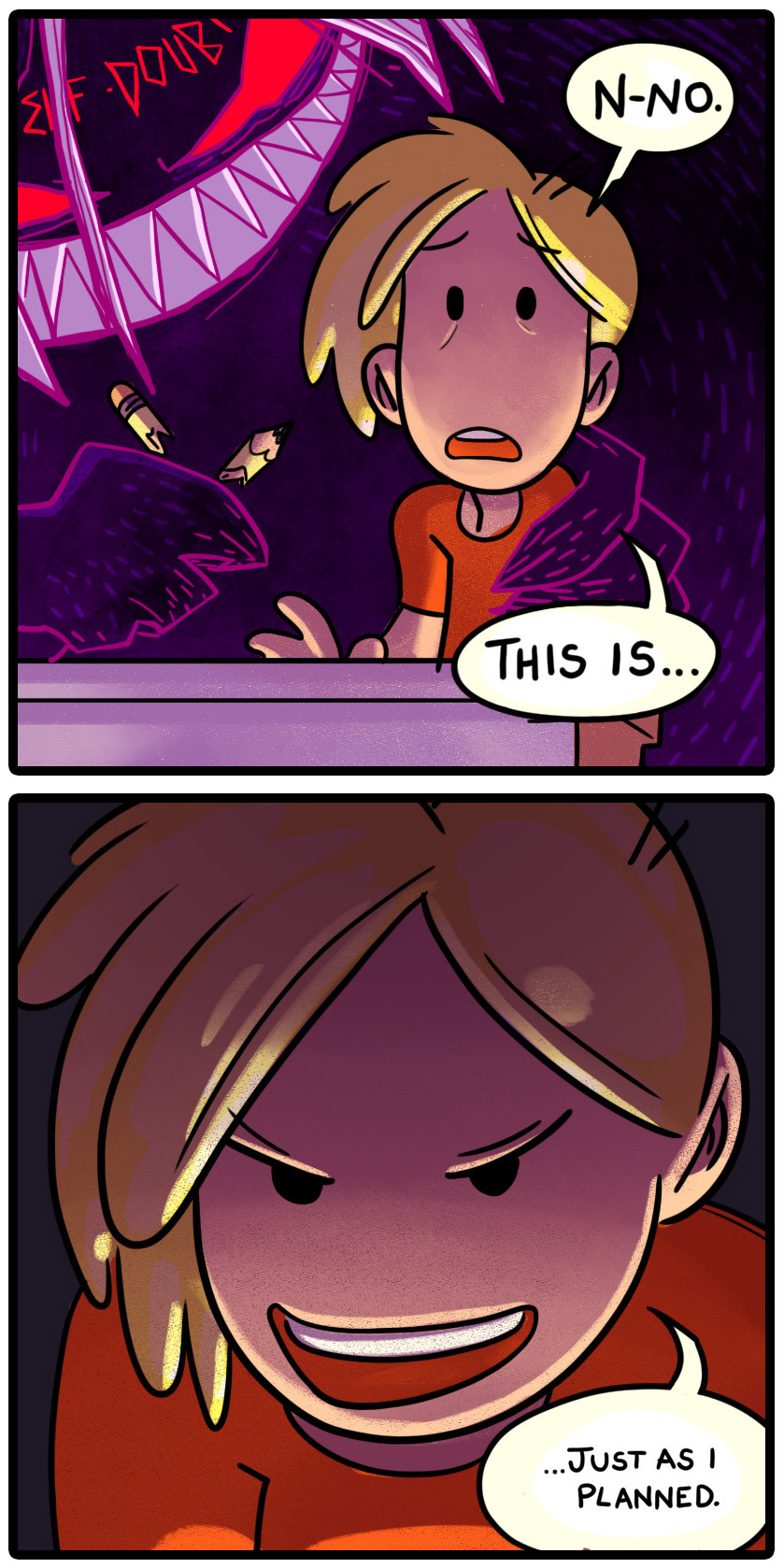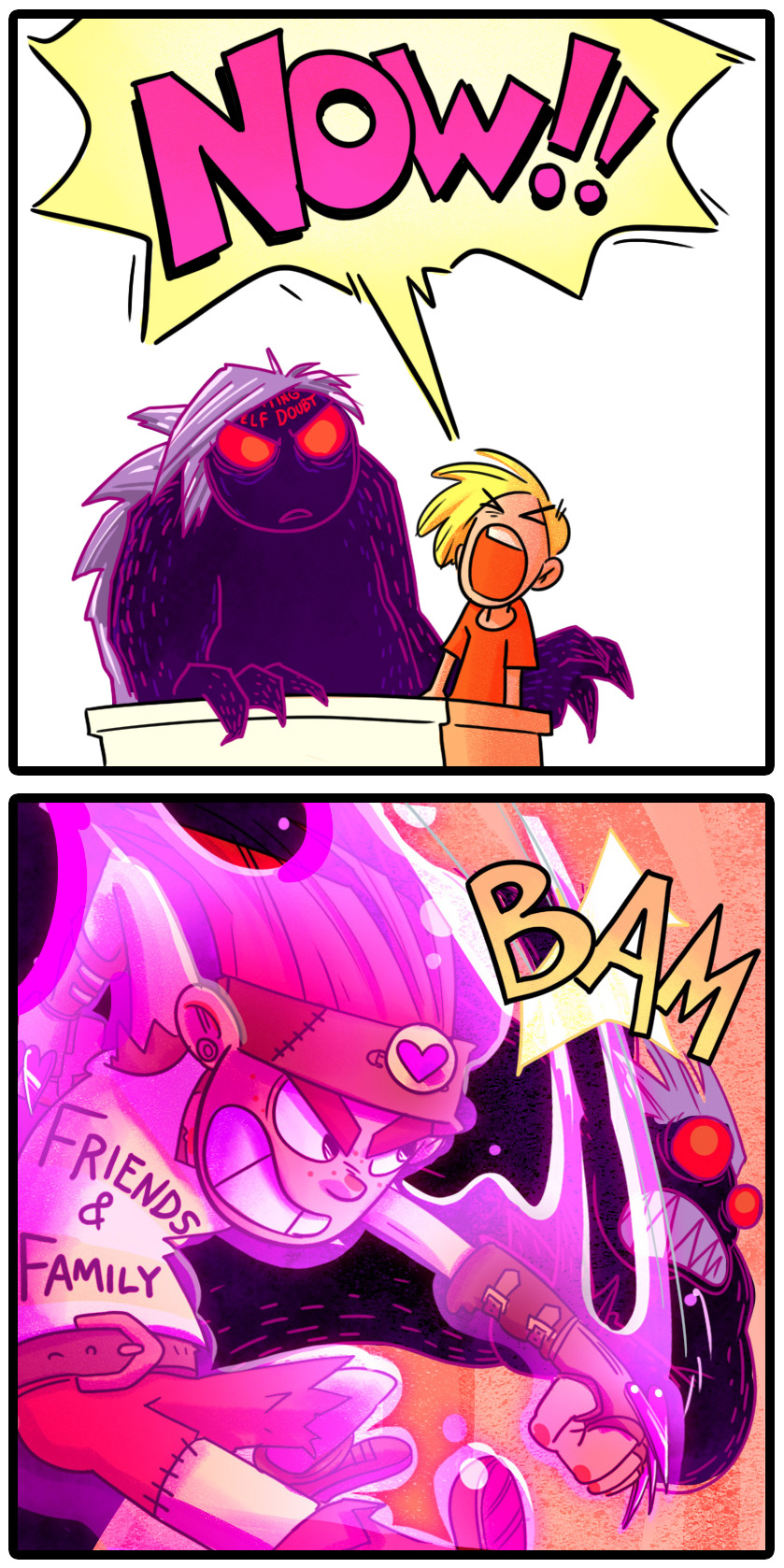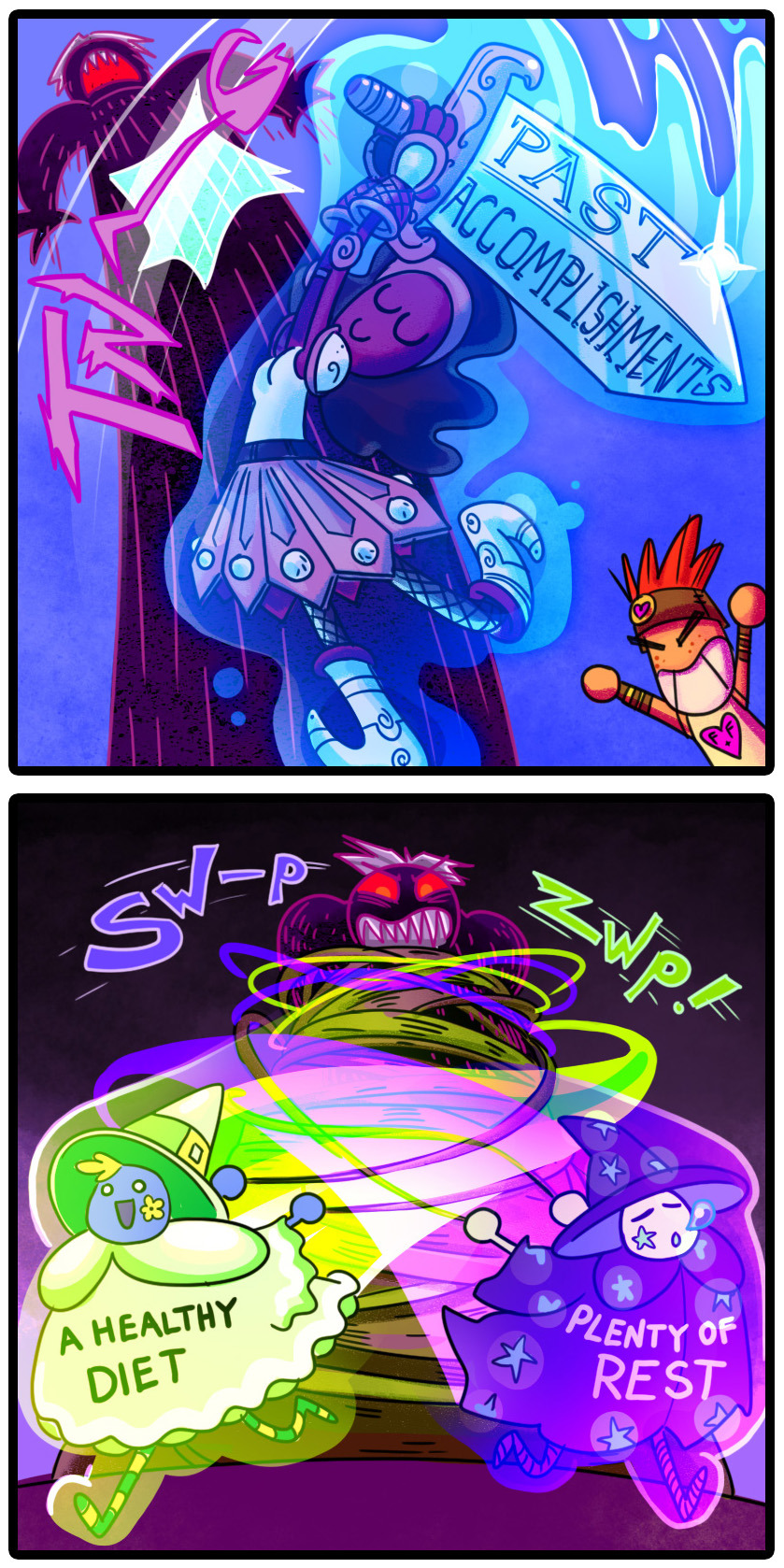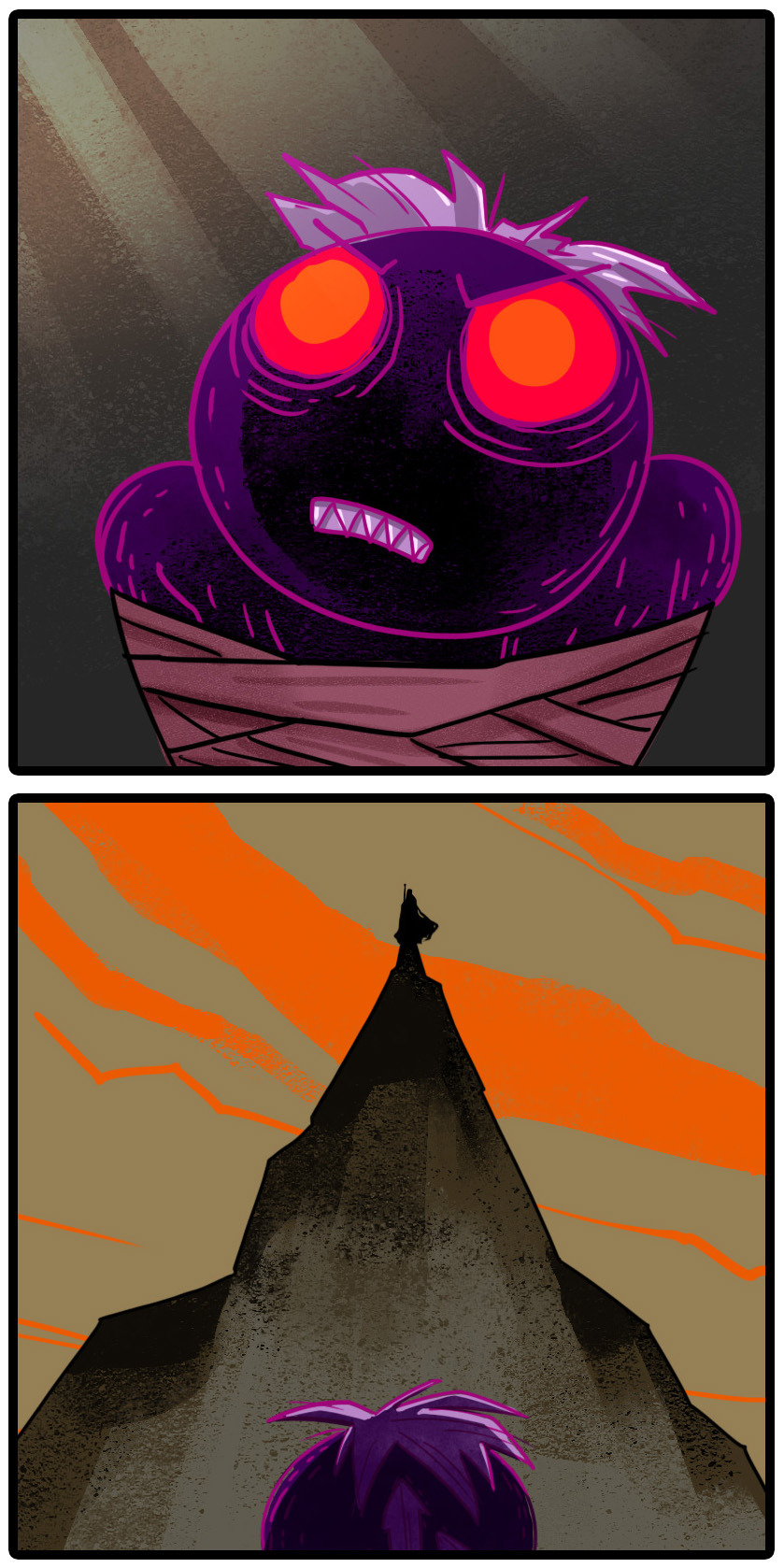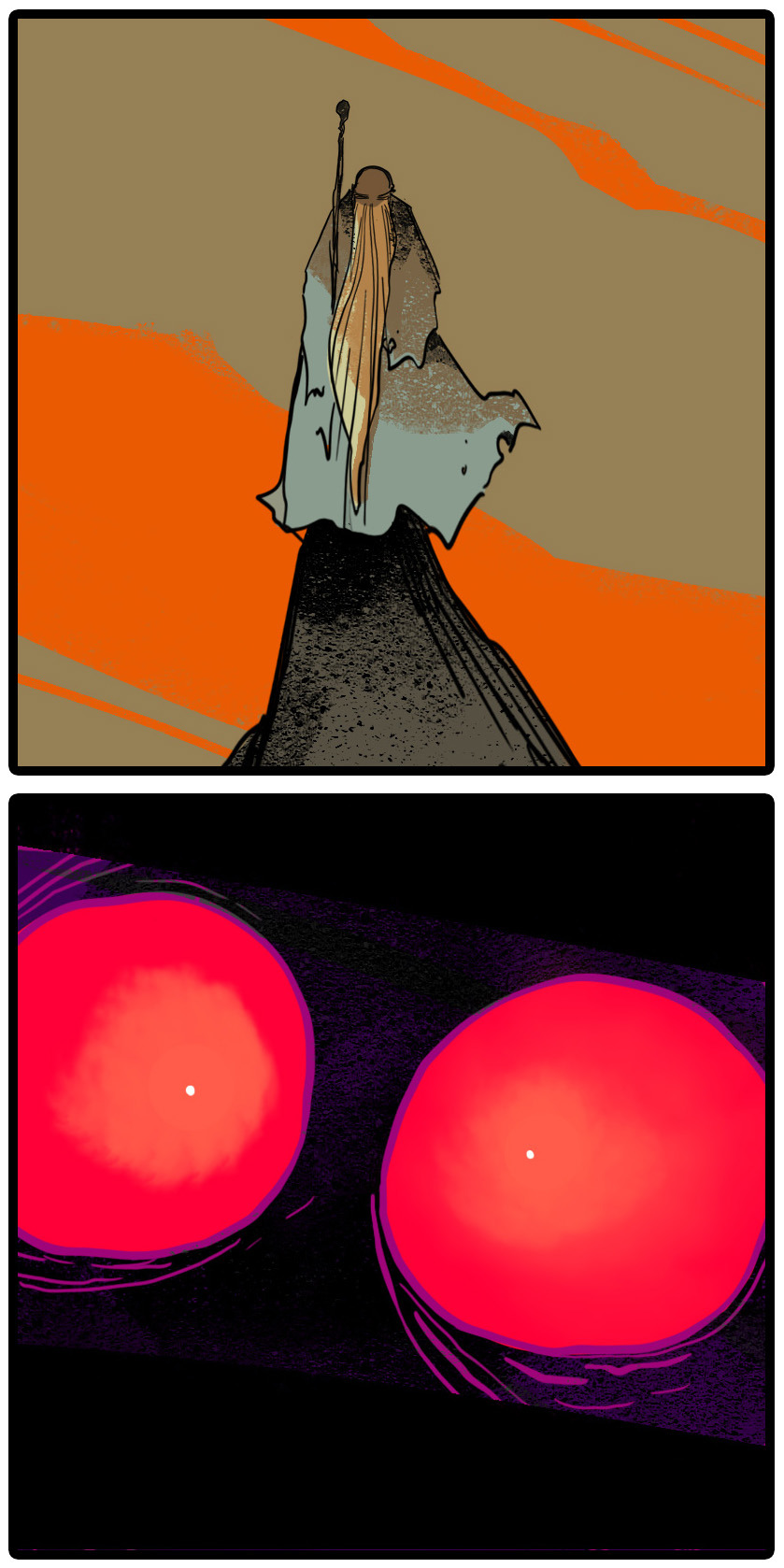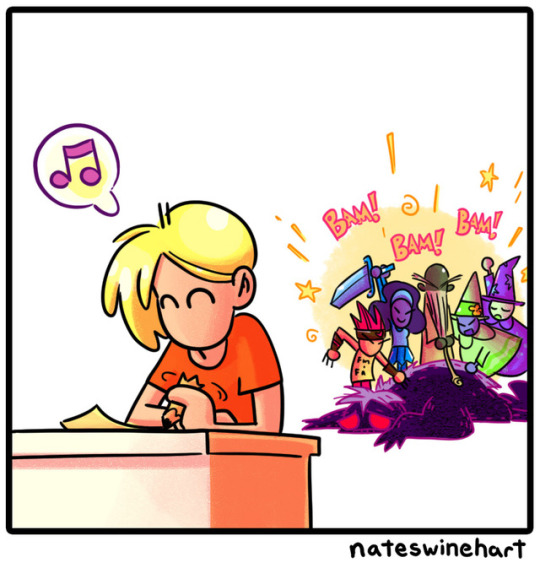All things me. Anime, manga, fandoms, video games, INTP 5w4, chaotic neutral.
Don't wanna be here? Send us removal request.
Link
Oh wow! It is actually accurate. Nice!
INTP: Owl
Minimalist and introverted, INTPs and owls are basically exactly the same in every way when it comes to personality traits. IAs an INTP, you need an enormous amount of alone time to lead your inner lives, as owls are mostly solitary hunters. You are also highly intelligent, and you are almost always in their own head — even when you are with friends. Like owls, You are independent as all hell, and not prone to materialism. As long as you have plenty of solitude, a cozy nest to relax in, and everything you need to survive, you are typically content.
Reblog if you find this accurate ;)
24K notes
·
View notes
Text
Enneagram 5: The Investigator

Healthy Fives demonstrate true neutrality, possess deep knowledge in several areas of their life, and are eager to share their findings with others. They see themselves as part of things rather than separate from everything, and balance their participation with their observation.
Five Traits
Fives take care of themselves, and believe others should do the same
Fives believe knowledge is essential for survival
Fives can be sarcastic and cynical, but don’t always share it
Fives often feel awkward around other people
Fives are suspicious when others ask personal information
Fives do not like others prying into their feelings
Fives need time to process their emotions
Fives would rather observe than participate
Fives hold onto what they have and find others wasteful
Fives guard their time and energy
Fives prefer small gatherings to larger ones (introverted)
Fives fear they do not have sufficient inner resources to function
Fives often felt invisible as a child, and choose to be invisible as an adult
Fives hate being uninformed
Fives find no happiness in material possessions
Fives do not often easily share of themselves with others

Enneagram Wings
5w4: are more creative, sensitive, empathetic, and self-absorbed, eccentric, uncertain of their feelings, and melancholic. 4 makes them more tender with themselves and less emotionally guarded with others.
5w6: are more fearful, anxious, skeptical, and distrusting, but also more social and loyal. They live more in their minds and question authority and the status quo, while also seeking to form alliances with others. Often socially awkward but enjoy forming friendships.
Under stress: Fives act like unhealthy Sevens, where they horde and cling more closely to things, which makes their world feel like it is shrinking. When this happens, they focus on their need for comfort, safety, and independence and ignore others. They become frivolous, disorganized, and distracted, unable to complete tasks, and do not think through the consequences of their behavior. They can be rude, dismissive, and condescending.
When feeling secure: Fives move to the positive side of Eight, and become more spontaneous, outspoken, and physically present, able to want to experience life in all its abundance and courageous enough to do it.
Advice for the 5: do not disconnect from your feelings. Practice building emotional connections to others, and sharing of yourself with your loved ones. Try to experience feelings in the moment, not postpone them for “later.” You can afford to give away your knowledge, your experiences, and your wisdom to others; doing so, will not make you weaker, but form stronger relationships. Believe there’s enough to go around. It’s okay to need someone, or have them need you. Letting someone else serve you can be blessing to them and to you. Start trusting others with your shared experiences. Allow yourself an occasional new luxury. Find an activity that will connect you to your body. Even if you are unsure, step into a conversation rather than falling silent.

Influences on MBTI Types:
ISTJ: stockpiles enormous amounts of information on various subjects, to feel secure in an uncertain world with unpredictable futures (inferior Ne); secretive and often disconnected from their feelings, more than is usual in an ISTJ; resentful when others prove incompetent or ‘needy’; often detached in their romantic relationships, and ‘secretive’ about the past.
ESTJ: confident in utilizing resources and in the workplace, but less social than other ESTJs and more cautious in approaching new projects that involve much risk; deeply analytical and tactical in their approach, with a mentality of “saving” rather than spending; may push aside intense feelings and inferior Fi refuse to deal with them, leading to relationship problems; may put too much pressure on their children to be self-reliant and frustrated if they are not.
ISFJ: stockpiles enormous amounts of information on various subjects, to feel secure in an uncertain world with unpredictable futures (inferior Ne); strong Ti development / reliance, so a much more detached Fe user, who does not like to talk about their feelings and may never truly deal with them; careful what information they share with who, and not actively social.
ESFJ: a more ‘detached’ Fe-dom, sometimes reliant on inferior Ti, more secretive and distrustful than other ESFJs; careful what information they share with who, and drained in social situations; often takes an interest in a wide variety of topics, for their own sake and to prepare for possible future problems (tert-Ne). May desperately want deep emotional connections but not know how to forge them.
INTJ: always looking into the future for potential issues and trying to correct them in the present through stockpiling factual knowledge and useful skills; somewhat fearful of too much engagement with the outside world due to inferior Se issues; sometimes deals with numb emotions and/or delayed emotional reactions; selective in their relationships, and not forthcoming in their personal experiences.
ENTJ: confident in utilizing resources and in the workplace, but less social than other ENTJs and without the ‘expensive’ streak often present in tert-Se users (forgoes symbols of power or influence, possibly fearful it may draw undo negative attention); deeply analytical and tactical in their approach; may push aside intense feelings and inferior Fi refuse to deal with them, leading to relationship problems; may put too much pressure on their children to be self-reliant and frustrated if they are not.
INFJ: always looking into the future for potential issues and trying to correct them in the present through stockpiling factual knowledge and useful skills; somewhat fearful of too much engagement with the outside world due to inferior Se issues; strong Ti development / reliance, so a much more detached Fe user, who does not like to talk about their feelings and may never truly deal with them; distrustful of what others may do “in the future” with shared information, and not actively social.
ENFJ: a more ‘detached’ Fe-dom, sometimes reliant on inferior Ti, more secretive and distrustful than other ENFJs, often paranoid due to high Ni issues combined with low Ti tendencies to find evidence to support rather than disassemble high Ni ‘inventions of reality’; forgoes symbols of power or influence, possibly fearful it may draw undo negative attention, and may scorn others who place emphasis on luxuries or appearances.

ESTP: stronger access to aux-Ti analytical abilities, without the usual emphasis on ‘living high and loose’; more introverted / easily drained, less inclined to take charge; may loop into Fe, and not know how to handle it, but fail to entirely subdue their emotions and wind up frustrated; more fearful of the ‘potential’ outcome of their decisions (inferior Ni).
ISTP: strong desire for independence and isolation, pushes away from others and may forgo human relationships on a deeper level, out of 5 and inferior Fe discomfort with intense emotions in oneself and others; has less emotional outbursts than other Enneagram ISTPs, and more trouble understanding what motivates their feelings; much less ‘hands on’ in trying new things.
ESFP: hyper aware of the environment and eager to learn useful skills, but deeply secretive about their intense internal emotions, and will take longer to process them away from others; may deliberately delay dealing with them by looping into Te, which they build up so as to feel competent and safe in the external world; more fearful of the ‘potential’ outcome of their decisions (inferior Ni).
ISFP: super secretive loners who are more analytical, less emotional, more detached, and more interested in impersonal knowledge, which will help them feel safe in the external world; determined to be self reliant, awkward with emotions, and sometimes ‘blocked’ from the true intensity of their feelings. Strong desire to ‘predict’ what is coming and prepare for it (Se/Ni development).
ENTP: a more focused, less distracted ENTP, who knows a hundred facts about a thousand different things, but finds it hard to retain details, which makes them less secure in dealing with the external sensory world; more introverted / easily drained, less inclined to take charge; may loop into Fe, and not know how to handle it, but fail to entirely subdue their emotions and wind up frustrated. May mistype as an INTP.
INTP: strong desire for independence and isolation, pushes away from others and may forgo human relationships on a deeper level, out of 5 and inferior Fe discomfort with intense emotions in oneself and others; often takes an avid interest in and tries to perfect useful knowledge in many different areas, seeks security in routine and prone to severe hording / holding onto things long past their ‘expiration’ date.
ENFP: insecure about the impractical nature of their Ne-dom status, and will work hard to compensate for it through practical knowledge; fearful the future may find them ‘unprepared’; suspicious of others, deeply secretive about their intense internal emotions, and will take longer to process them away from others; may deliberately delay dealing with them by looping into Te, which they build up so as to feel competent and safe in the external world.
INFP: super secretive loners who are more analytical, less emotional, more detached, and more interested in impersonal knowledge, which will help them feel safe in the external world; determined to be self reliant, awkward with emotions, and sometimes ‘blocked’ from the true intensity of their feelings; feels ‘detached from the world’ and takes an interest in many different things, to compensate for it (Ne/Si).
- ENFP Mod
2K notes
·
View notes
Text
I think I might create a new tumblr blog that consists of just things I have googled on any given day. Maybe I’ll start a tag.
#things i have googled today#intp things#intp thinks#intp asks google#google#intp#mbti intp#mbti#personality
4 notes
·
View notes
Text
“My pillows are wrong. I have to sleep them into submission”
—my ENTJ
73 notes
·
View notes
Note
Can I ask your mbti?
Sure, INTP.
Your question made me look up the list of strengths/weaknesses again, which cracks me up.
Great Analyst
Great Abstract Thinker
Imaginative
Original
Open-Minded
Enthusiastic
Objective
Honest
Straightforward
Very Private
Withdrawn
Absent-minded
Condescending
Loathe Rules and Guidelines
Second-Guess Themselves
So basically, I’m great at thinking things through and exploring ideas, but I’m also a massive twat who is hard to befriend and will definitely forget your birthday.
161 notes
·
View notes
Text
Intp: doesn’t demand perfection
But does expect it.
12 notes
·
View notes
Text
You Know You’re An INTP When
People tell you that you think ‘’too much’’ and that your musings are a waste of time. You’re a paradox, because you want to understand the world around you as much as you can, but you’re also exhausted because your thinking takes such a prominent part of your energy which could be used for actually transforming your thoughts into potential successes.

254 notes
·
View notes
Photo
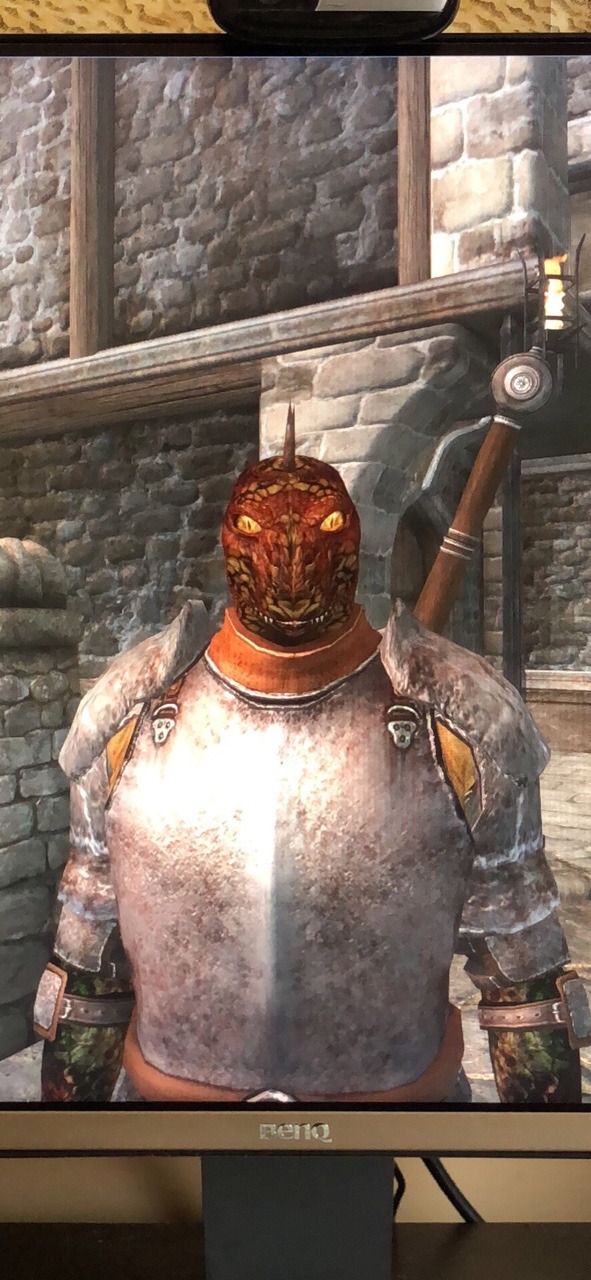

you telling me americans don’t have these tasty little morsels?
211K notes
·
View notes
Link
0 notes
Text
CRAZY IDEA PART II
Soo since a lot of you guys really like this idea and a lot of you want send me suggestions i made a Reference Sheet for the characters
A few things first though:
I want them to be definde by there MBTI type first and not by appearance or anything else.
You should'nt create them with a clear story/scenario in mind. They can have past (good/bad) and futur goals tough.
You can build these characters on the base yourself if you want to.
Don’t be afraid to gif them a stereotype. Stereotypes all come from somewhere and they are not always wrong. Just don’t reduce them to it. I want very three dimensional characters.
Don’t be afraid to give them ‘weird’ traits , for example : An Estp that dosen’t like cheese… These are the type of things that makes a character unique!
Also , please don’t write anything offensive and you don’t have to fill out everything, just the things you got great ideas for. Just copy the following sheet and DM it to me or reblog this post ^^
Appearance
MBTI Type:
Age/DoB:
Eye Color:
Hair Color:
Sex/Gender:
Sexuality:
Height:
Weight:
Build:
Skintone:
Skintype:
Freckles, Moles, Scars:
Handedness:
Piercings:
Tattoos:
Conditions (Physical/Mental):
Special Needs:
Likes & Dislikes
Food:
Color:
Animal:
Music:
Movies/ TV-Shows:
Sport:
Random things… :
Background
Past:
Goals/Ambitions:
Optimist/Pessimist:
Strenghts:
Weaknesses:
Special/Weird Skills:
Pet Peeves:
Quirks:
Soft spot:
Philosophy:
Wich song could discribe them?:
What fictional character are they similar to?:
Additional Traits:
These are things that are most important to me right now. I think l’m going to make more specific posts like this at a later time.
268 notes
·
View notes
Text
*googles number i dont recognize calling me instead of answering*
551K notes
·
View notes
Text
Weak Se
Person: You only think about yourself!!!!!
INTx: ppfffttt as if forgetting to eat for 2 days because of work is considered ‘you only think about yourself’
949 notes
·
View notes

